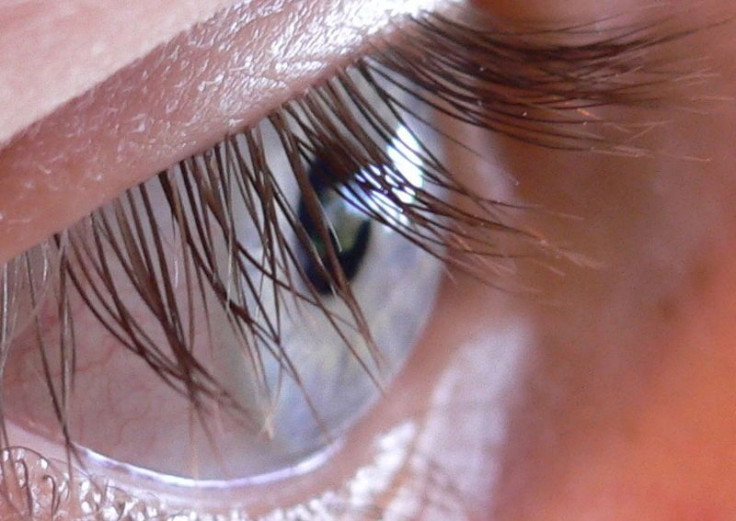Eyelash Extensions Can Cause A Bevy Of Health Issues, Warns Consumer Reports

Enhancing the length of eyelids has become a coveted beauty trend among women in the United States. Unfortunately most women don't recgonize the unhealthy benefits of this cosmetic decision.
A recent article published by Consumer Reports shed light on the risky effects of eyelash extension, along with preventative measures.
Eyelash extensions have been around longer than any of us, standing as a sign of beauty and wealth. In today's culture, actresses and performing artists including Kim Kardashian, Nicki Minaj, and Beyonce are leading this budding style.
But last year, screen and stage actress Kristen Chenoweth went on the Late Show with David Letterman and expressed her concerns about the procedure she had just undergone.
"Something bad has happened. I've got eyelash extensions," Chenoweth told the talk show host. "Here's the problem: The glue has formaldehyde in it, and I'm allergic," Chenoweth said. "I swelled up and I'm sneezing. . . . It looks like I have lips on my eyelids."
A statement released on Thursday by the American Academy of Ophthalmology revealed the specific perils of eyelash extension due to the adhesive used in extending procedures. Some of the notable side effects include infection of the cornea and eyelid, swelling of the eyelid, and permanent or temporary loss of eyelashes.
In addition to infection caused by the embalming fluid-based glue, it can also be the source of an allergic reaction and proliferation of bacteria and fungi.
"Sometimes just the irritation from the glue used can lead women to rub or tug on their lashes," Philip R. Rizzuto, M.D., secretary for communications for the American Academy of Ophthalmology told Consumer Reports.
To ensure safety while handling eyelash products such as mascara:
1. Always wash your hands before touching your eyes as with any part of your face.
2. A tube of mascara has a three month lifetime.
3. Beauty products used on the eye are not meant to be shared.
4. Do not add water to your mascara tube so it will last longer.
5. Avoid makeup counters that can be a haven for bacteria.
6. Seek a doctor's advice if an infection or irritation occurs.



























